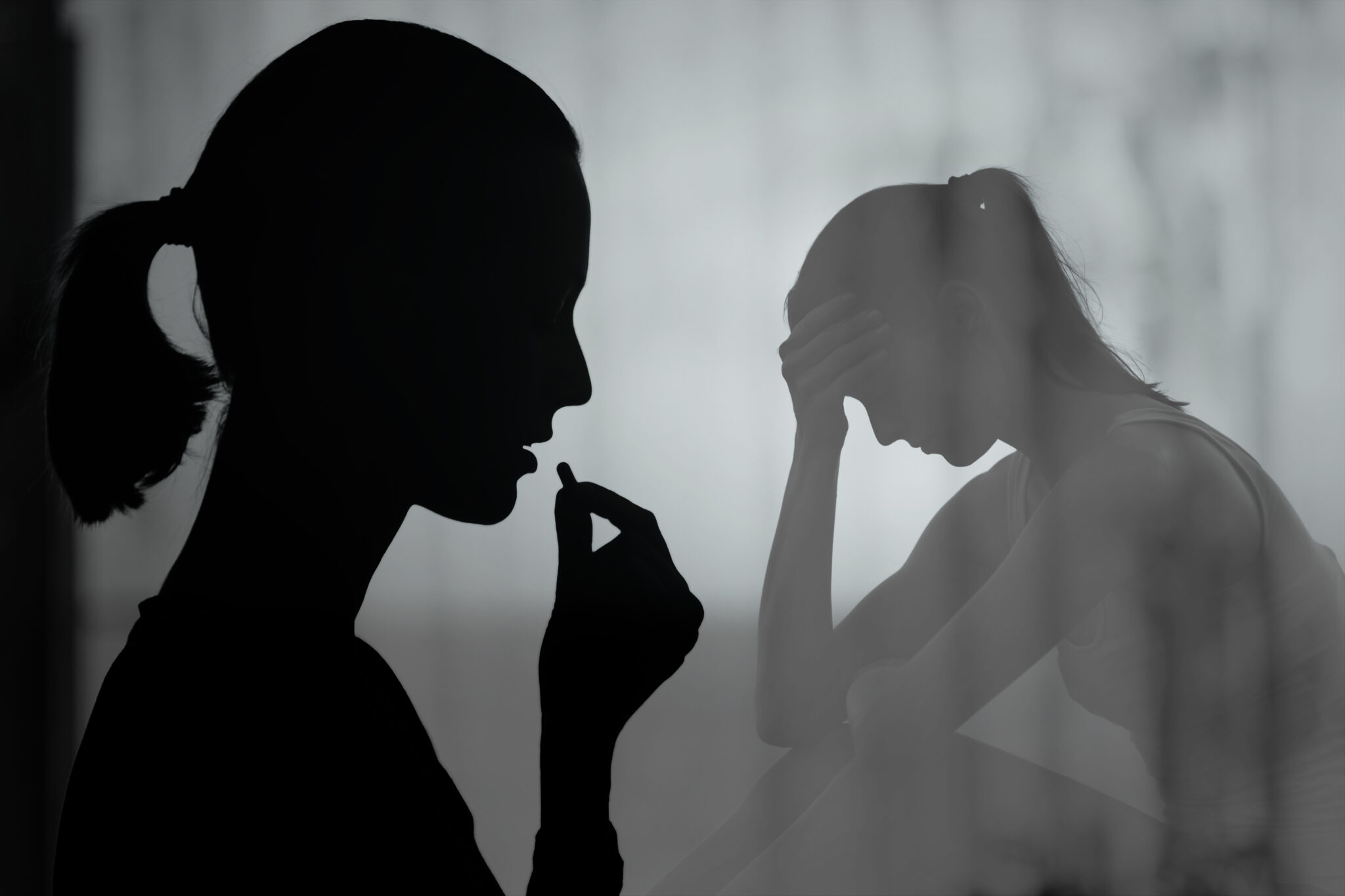Mixing benzodiazepines (“benzos”) and opioids is not just risky—it can be deadly. Both classes act as central nervous system (CNS) depressants, which means that when taken together, they amplify each other’s sedative effects. This synergy greatly increases the risk of breathing suppression, oxygen deprivation, coma, and death. The combination also magnifies cognitive impairment, reduces reaction time, and can lead to irreversible damage to organs like the lungs, liver, or brain from chronic low oxygen levels.
Addiction to either opioids or benzodiazepines is a formidable challenge. When both are involved, the complexity of treatment increases, as do the risks. Understanding how each affects the body and mind—and the specific dangers that arise when they are used together—is a key motivator for seeking help and making informed, potentially lifesaving decisions.
What are Benzodiazepines?
Benzodiazepines are psychoactive medications prescribed for anxiety, insomnia, seizures, and muscle spasms. They work by enhancing gamma-aminobutyric acid (GABA), a neurotransmitter that inhibits neuronal activity, producing calming, sedative effects. Common benzodiazepines include diazepam (Valium), alprazolam (Xanax), and clonazepam (Klonopin). While effective for short-term therapeutic use, long-term use carries significant risks: tolerance, physical dependence, memory impairment, and misuse. These risks are elevated in individuals who combine benzos with other depressants or those with underlying health issues.
What are Opioids?
Opioids are drugs used to relieve moderate to severe pain. They include prescription medications (like oxycodone, hydrocodone, morphine) and illegal substances (such as heroin or illicit fentanyl). Opioids bind to specific receptors in the brain and spinal cord, blocking pain signals and eliciting euphoria. With repeated use, the body builds tolerance and dependence, meaning higher or more frequent doses are needed to achieve the same effects. Like benzodiazepines, opioids depress central nervous system function—slowing breathing, heart rate, and affecting alertness.
The Risks of Combining Benzodiazepine and Opioid Misuse
Benzodiazepines, often referred to as “benzos,” are prescribed for anxiety, sleep disorders, and seizures. They induce drowsiness, relaxation, euphoria, and confusion, and can impair cognitive functions. Ideally, benzos are short-term treatments, but prolonged use can lead to tolerance, dependence, and addiction. Misuse includes taking higher doses than prescribed, using someone else’s prescription, or altering the method of intake, like crushing and snorting pills.
Similarly, opioids, prescribed for pain relief, can induce drowsiness, consciousness fluctuations, slurred speech, and euphoria. Misusing opioids, especially in combination with benzodiazepines, amplifies these effects, posing extreme danger.
Heightened Risks of Combined Use
When benzodiazepines and opioids are combined, the risk of adverse effects skyrockets. Both being depressants, they can slow breathing, reduce motor skills, and dull reaction times. This potent combination can lead to oxygen deprivation in the brain and vital organs, potentially causing organ damage, failure, or increased risk of coma and fatal overdoses.
Withdrawal Challenges
Withdrawal from benzodiazepines and opioids is a critical and risky phase. Abrupt discontinuation can lead to severe symptoms such as:
- Muscle aches and spasms
- Nausea, vomiting, diarrhea
- Blood pressure and heart rate changes
- Restlessness, insomnia, chills, bone pain
- Excessive sweating, agitation, anxiety
- Seizures, heart attack, or stroke
Given these risks, professional guidance and medical monitoring during detox are essential for safety and comfort.
The Importance of Detox And Treatment
Detox and drug rehab treatment is a vital step in overcoming addiction to benzodiazepines and opioids. Attempting detox alone can be perilous, with many reverting to substance use to alleviate withdrawal symptoms. Medical supervision during detox can manage these symptoms, making the process safer and more bearable. This approach also addresses psychological challenges like depression and anxiety, which are crucial for a hopeful recovery.
The importance of drug rehabilitation (rehab) in the journey towards recovery from addiction cannot be overstated. Drug rehab provides a structured and supportive environment crucial for addressing not only the physical aspects of addiction but also the psychological and emotional underpinnings. In rehab, individuals gain access to medical professionals and therapists who specialize in addiction treatment, offering personalized care that can significantly increase the chances of a successful recovery.
Rehab programs often include a combination of therapy sessions, both individual and group, medical treatment, life skills training, and relapse prevention education. These components are essential for helping individuals understand the root causes of their addiction, develop coping mechanisms, and rebuild a healthy, substance-free life. Furthermore, rehab offers a safe space away from daily triggers and stresses, allowing individuals to focus solely on their recovery. The skills and support systems developed in rehab are invaluable tools that equip individuals to sustain long-term sobriety and significantly improve their overall quality of life.
Seeking Help
The journey through benzodiazepine and opioid addiction is fraught with danger. Undertaking detox without professional support can have profound impacts on one’s health and well-being. If you or someone you know is struggling with these substances, help is available. At facilities like Full Of Life Recovery Center, trained professionals offer support and guidance towards recovery. Don’t hesitate to reach out and start your journey toward healing and hope.




